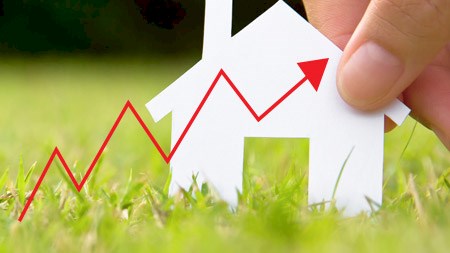Buyers should be aware of the factors that influence real estate marketability as these ultimately determine the value of a property.
Some of these factors include demographic change, progression and regression, and supply and demand.
An important factor that determines price is demographic change within a neighbourhood, be it negative or positive. All areas experience transformation, either in the form of growth or decay and these circumstances will severely affect the value of a property when it comes time to sell. Extreme examples of these are suburbs such as Hillbrow and its surrounds.
In circumstances where the demand for property far exceeds the stock that is available in the market place, the price of homes and rentals usually increases as people are willing to purchase at a higher price rather than risk no purchase at all. The strong demand for property leads to the building of more housing developments and accelerated growth in supply of property, such as South Africa had from 2005 to 2008.
However, this often results in a surplus of housing which causes the reverse effect in the market, especially when the market is affected by unavailability of loans, high debt levels and unemployment like South Africa had for the past three years.
In the current market, this reverse scenario is in effect with the supply of property surpassing the demand for it. Unfortunately with such steep growth and frenzied buying driving prices sky-high, most sellers who are now trying to off-load in the current market cannot realise the same price that they paid for their properties if they purchased between 2007 and now. This “buyer’s market” offers great opportunities for potential buyers.
Houses within a neighbourhood that all conform with each other as they are of a similar size and style with the same number of rooms, and so forth,will all fall within a similar price bracket and the maximum value for these properties will be obtained. However, the values of properties that do not conform to the houses in the areas surrounding them may be affected by the principles of progression and regression.
The term “principle of regression” is used to refer to property of high value that, due to its location within an area of lower valued properties, is negatively affected and may suffer as its true value is not perceived. Similarly, “principle of progression” refers to the increase in value of lower-valued properties which are in close proximity to houses of higher value. In short it means that the properties around you have a negative or a positive effect on the value/price on your property.
It’s all about location, location, location! It is best to buy the worst house in a good neighbourhood at a higher price than the best house in a bad neighbour at a lower price. You have to think about the future of your investment and make the decision that will be best for you as a home owner in the long-run.



